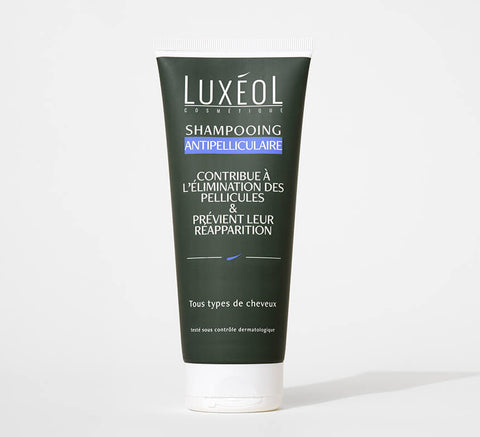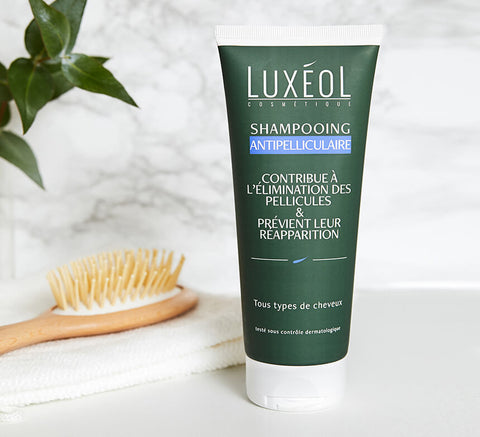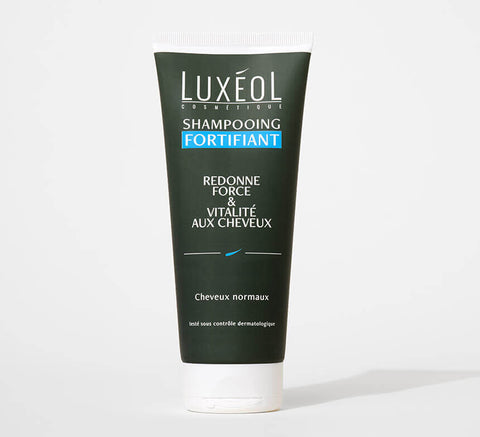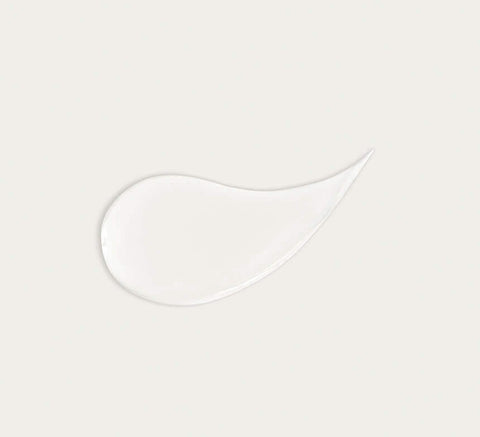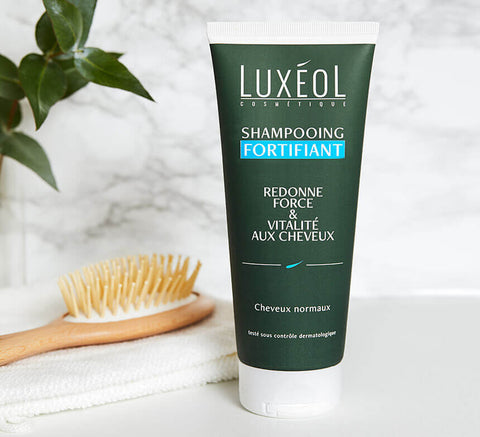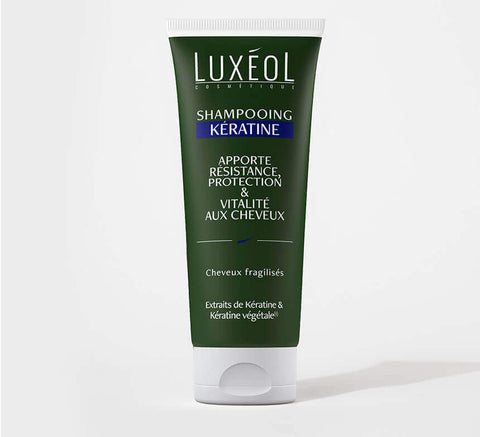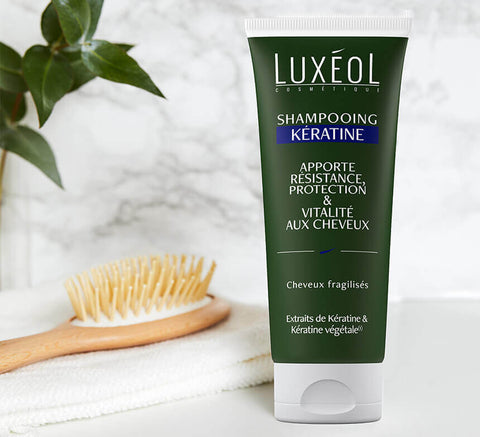Solve common hair problems with expert guidance and proven solutions. From dandruff and split ends to hair breakage and scalp irritation, discover effective treatments and prevention strategies. Learn about the root causes of hair damage and find targeted solutions to restore healthy, strong, and beautiful hair.
FAQ
About Hair ProblemsThe most frequent hair problems include dandruff and flaky scalp, split ends and breakage, dryness and frizz, excessive oiliness, hair loss and thinning, scalp irritation and itching, heat damage from styling tools, and color-treated hair damage. These issues often interconnect and can worsen without proper treatment.
Dandruff is primarily caused by an overgrowth of Malassezia yeast on the scalp, leading to irritation and increased skin cell turnover. Contributing factors include oily scalp, stress, harsh hair products, and certain medical conditions. Effective treatments include zinc pyrithione, ketoconazole, or selenium sulfide shampoos used 2-3 times weekly.
Split ends occur when hair cuticles become damaged and the hair shaft splits. Prevention includes regular trims every 6-8 weeks, using heat protectant products, avoiding excessive brushing when wet, and deep conditioning treatments. Once split, the only permanent solution is trimming, though temporary bonding products can provide short-term improvement.
Hair breakage results from weakened hair structure due to chemical processing, excessive heat styling, harsh brushing, nutritional deficiencies, or protein loss. Solutions include protein treatments, gentle handling, reduced heat styling, using wide-tooth combs, silk pillowcases, and protective hairstyles during sleep.
Dry scalp produces small, white flakes due to lack of moisture, while dandruff creates larger, yellowish, oily flakes from fungal overgrowth. Dry scalp needs moisturizing treatments and gentle cleansing, while dandruff requires antifungal treatments and specialized medicated shampoos.
Severely damaged hair requires intensive repair through protein treatments, deep conditioning masks, regular trims, reduced chemical processing, minimal heat styling, and protective products. Consider professional treatments like Olaplex or keratin therapy. Complete recovery may take several months with consistent care.
Yes, stress significantly impacts hair health by disrupting hormone balance, affecting nutrient absorption, and triggering conditions like telogen effluvium (excessive shedding), alopecia areata (patchy hair loss), and trichotillomania (hair pulling). Stress management, proper nutrition, and scalp massage can help mitigate these effects.
Avoid sulfates (sodium lauryl sulfate), parabens, synthetic fragrances, alcohol-based products, harsh preservatives, and strong essential oils. Choose gentle, hypoallergenic formulations with soothing ingredients like aloe vera, chamomile, or oatmeal. Always patch test new products before full application.
Washing frequency depends on your specific issue. Oily scalp and dandruff may require daily to every-other-day washing with appropriate treatments, while dry or sensitive scalp benefits from 2-3 times weekly with gentle, moisturizing formulas. Overwashing can worsen some conditions by stripping natural oils.
Consult a dermatologist for sudden hair loss, painful scalp conditions, persistent dandruff unresponsive to over-the-counter treatments, unusual scalp lesions or bumps, severe itching or burning, or any condition affecting daily life. Early professional intervention often leads to better treatment outcomes.

